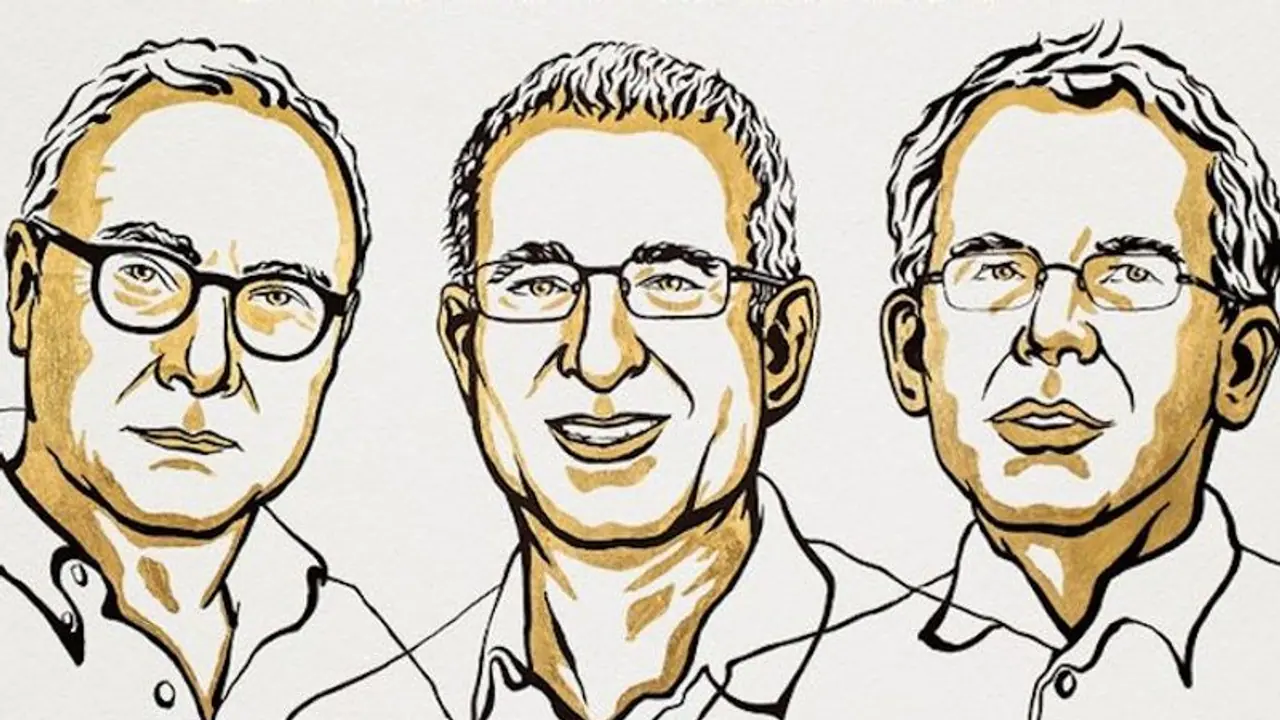The Swedish Academy said David Card, Joshua Angrist, and Guido Imbens, have given us fresh insights into the labour market and demonstrated how natural experiments may be used to derive conclusions about cause and effect.
The 2021 Nobel Prize in Economic Science was awarded to David Card, Joshua D Angrist, and Guido W Imbens. The Nobel Committee divided the prize in half, with one half going to David Card for his empirical contributions to labour economics and the other half going to Joshua D. Angrist and Guido W. Imbens for their methodological contributions to causal connection analysis.

"This year's laureates, David Card, Joshua Angrist, and Guido Imbens, have given us fresh insights into the labour market and demonstrated how natural experiments may be used to derive conclusions about cause and effect. Their method has extended to other disciplines and transformed empirical inquiry," as per the statement issued by the Swedish Academy.
The Economic Prize for 2020 was jointly awarded to Paul R. Milgrom and Robert B. Wilson for advances in auction theory and the development of novel auction forms. Using auction theory, academics attempt to comprehend the results of various rules for bidding and final prices and the auction structure.
Meanwhile, journalists Maria Ressa and Dmitry Muratov on Friday were awarded the 2021 Nobel Peace Prize for their efforts to promote freedom of the press and report in the face of authoritarian governments. They won the prestigious award for their "courageous fight" to defend freedom of expression in the Philippines and Russia. The committee called the pair "representatives of all journalists who stand up for this ideal".
Also Read | Journalists Maria Ressa and Dmitry Muratov awarded Nobel Peace Prize 2021 for fighting for press freedom
The development of asymmetric organocatalysis by Benjamin List and David W.C. MacMillan earned them the 2021 Nobel Prize in Chemistry. The team created a precise new tool for molecular building, which has significantly influenced pharmaceutical research and has made chemistry more environmentally friendly.
The 2021 Nobel Prize in Physics was shared by Syukuro Manabe, Klaus Hasselmann, and Giorgio Parisi for their revolutionary advances to our knowledge of complex physical systems. Syukuro Manabe, a senior Meteorologist at Princeton University, has been recognized for proving how rising amounts of carbon dioxide in the atmosphere cause higher temperatures at the Earth's surface. Meanwhile, Klaus Hasselmann, a professor at the Max Planck Institute for Meteorology in Germany, has developed a model that connects weather and climate, solving the issue of how climate models can be trustworthy despite changing and unpredictable weather. Giorgio Parisi, a Sapienza University of Rome professor, was given the Nobel Prize for finding hidden patterns in chaotic complex materials. His insights are among the most significant contributions to complex system theory.
Also Read | Nobel Prize 2021: Syukuro Manabe, Klaus Hasselmann, Giorgio Parisi win for climate discoveries in Physics
